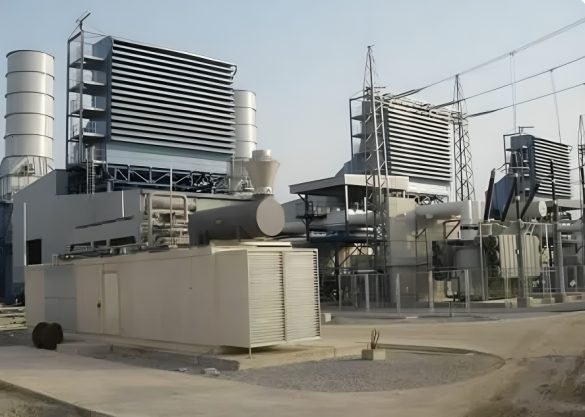KEY POINTS
- Kainji and Jebba power plants lost N30.55 billion from grid failures.
- Frequent collapses caused equipment damage and disrupted power supply.
- Experts urge improved infrastructure and stricter maintenance protocols.
The Kainji and Jebba power plants, two of Nigeria’s largest hydroelectric facilities, have incurred losses totaling N30.55 billion due to frequent grid failures between 2022 and 2024. These losses stem from energy disruptions caused by system instability, equipment failure, and unplanned outages. The situation worsened significantly in 2024, with losses reaching N21.87 billion—an increase of over 247% compared to 2022.
The power plants collectively lost 356,759 megawatts per hour of energy this year, contributing to revenue losses and the destruction of critical infrastructure. The grid collapses also led to shaft misalignments, turbine damage, and increased operational costs due to repairs and replacements.
Grid instability damages equipment and disrupts power generation
The Punch reported that a document detailing the grid collapses highlighted causes such as transmission line overload, inadequate system protection, and ageing infrastructure. Frequent collapses not only disrupt power supply but also lead to overheating and cascading outages, further weakening the reliability of Nigeria’s power sector.
Industry experts noted that these disruptions have a cascading impact on thermal power plants, as grid instability damages generators, transformers, and other equipment. Chief Executive Officer of the Association of Power Generation Companies, Joy Ogaji, explained that these issues reduce power sales, increase operational costs, and erode GenCos’ financial viability.
Coordinated efforts needed to address Nigeria’s power sector challenges
Experts have called for collaborative action from the government, regulatory bodies, and the power sector to address the root causes of grid failures. Joy Ogaji emphasized that preserving equipment, maintaining infrastructure, and improving system efficiency are critical to sustaining economic growth and meeting Nigeria’s electricity demands.
Industry analyst Stephen Ogaji suggested that stricter adherence to grid code compliance would help stabilize the system. He noted, “Coordinated maintenance and proactive upgrades are essential to ensuring reliable electricity for Nigeria’s growing economy.”
The recurring grid collapses underline the urgent need for investment in modern infrastructure and improved maintenance protocols to safeguard the reliability and sustainability of Nigeria’s power sector.



